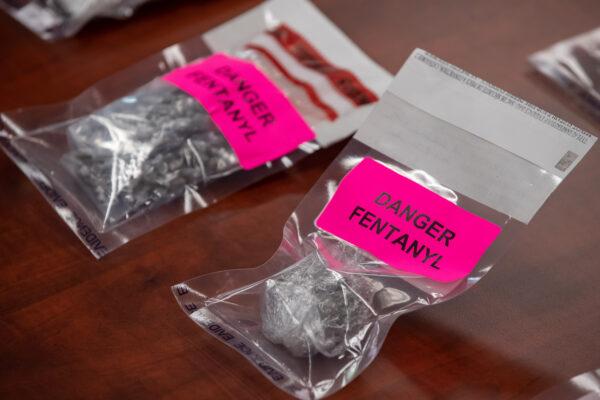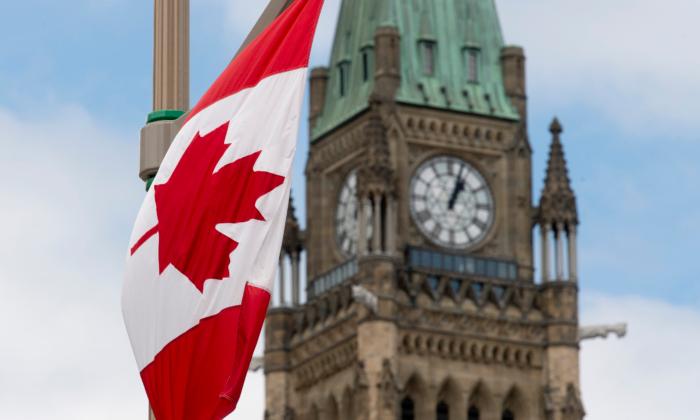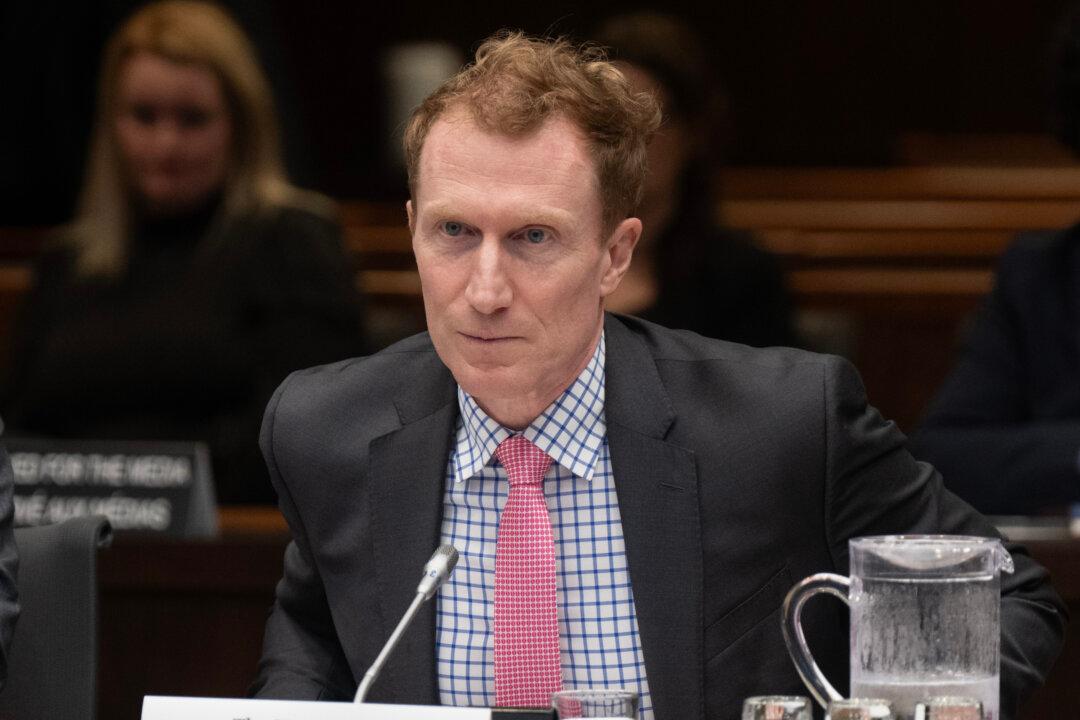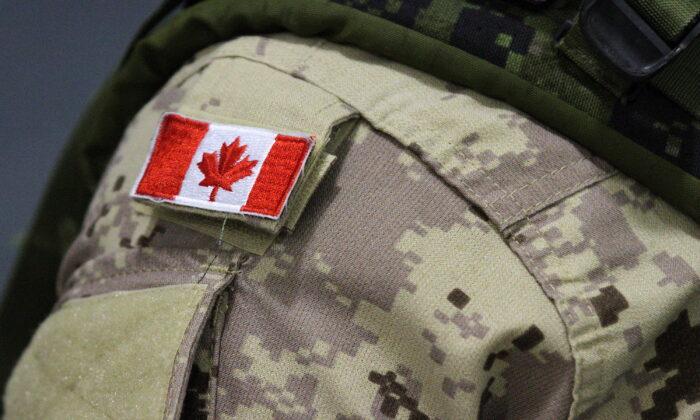“It’s no secret that China is one of the main source countries of fentanyl, as well as the precursor chemicals used to make this highly potent and deadly synthetic opioids,” Blair said.
“Illegal fentanyl and fentanyl-like drugs are being mixed in with and contaminating other drugs. This continues to be a major driving factor in the overdose crisis that has tragically cut so many lives short in Canada.”
Over the last four years, the Canada Border Services Agency (CBSA) has made 335 seizures totalling over 42.2 kilograms of the illicit drugs, the minister said. Of the seizures, 129 had China “listed as the source country of those drugs.”
According to government figures, over 17,000 Canadians died from opioid overdoses between January 2016 and June 2020. From January to June 2020, 75 percent of the deaths involved fentanyl.
Blair said the RCMP has established an organized crime joint operation centre with the CBSA and Canada Post to track and take action to stop the drugs coming into the country.

When asked by Liberal MP Jean Yip if there is a need for Canadians to be wary about using social media platforms that are owned by Chinese companies such as WeChat, Weibo, or TikTok, Blair answered in the affirmative.
“I would say yes. There is a legitimate concern that sometimes the information that’s publicly available on those platforms can be used by the hostile activities of state actors,” he said.
The Canadian Armed Forces have resisted joining TikTok over concerns of the platform’s Chinese ownership and its unclear censorship rules, according to a January Winnipeg Free Press article.
Blair dodged a question from Conservative MP Pierre Paul-Hus as to whether the government will ban Chinese telecommunication giant Huawei from Canada’s 5G network.
“We will never compromise the security of Canadian interests on something as important as 5G. I’m obviously not going to talk about a specific company because our work is not relevant to a specific company, but rather to ensuring that we take the steps necessary to protect all Canadian interests,” he said.

When asked by Conservative MP Shannon Stubbs who advised the Prime Minister Justin Trudeau that “it’s OK” for the Natural Sciences and Engineering Research Council to put up $4.8 million to partner with Huawei to fund research in “artificial intelligence, biotechnology, quantum computing and all areas that help their military” at Canadian universities, Blair also didn’t answer directly. He said the government is “very aware of attempts by foreign state actors, and in particular the People’s Republic of China to target cutting-edge Canadian research and development efforts.”
Beijing Visa Applications
Blair was also grilled by opposition MPs about a company that manages Canada’s visa applications in Beijing, which turns out to be owned by the Beijing police department, according to a Globe and Mail report.When asked by Bloc MP Stéphane Bergeron what guarantee the government can offer to people who apply through the Beijing office that their passports or biometric data will not fall to the hands of the Chinese regime, Blair said there are safeguards in place to ensure their personal data are transmitted securely back to Canada.
Blair then asked Shelly Bruce, chief of Communications Security Establishment (CSE), Canada’s national cryptologic agency, to offer her insights. But Bruce said she could not because “this is a service that has been procured by the IRCC [Immigration, Refugees and Citizenship Canada]. We are available to provide advice and guidance on how to protect systems and that is available upon request.”
“I find it revealing” to learn that the CSE was not asked to provide an opinion on that, Bergeron said.
NDP MP Jack Harris asked Blair if he had any knowledge which government agency pre-approved the arrangement for Beijing Shuangxiong to process the visa applications.
“I have some difficulty, frankly, answering your question, Mr. Harris, about the origin of this contract. It was signed in 2008 before we were the government, so it’s been in place for 12 years now,” Blair answered, adding he could only assume the normal procurement processes had been followed.
“So your government is totally satisfied with this arrangement and satisfied that it should continue in perpetuity?” Harris asked.
“I’m satisfied that IRCC has not identified any concerns and they have provided strong assurances that Canadian data and Canadian interests are well protected in the system they have in place,” Blair replied.
When Yip raised the issue of pro-Hong Kong protesters in British Columbia facing threats and intimidation from Chinese officials, RCMP Commissioner Brenda Lucki said those being threatened should come forward.
Harris said the problem is people “feel they’re getting the runaround” when they seek help from the local police, CSIS, and RCMP on such issues.
“By the sounds of it, it sounds like we need to do better communication so that the people who feel threatened know that number exists,” Lucki said.






Friends Read Free